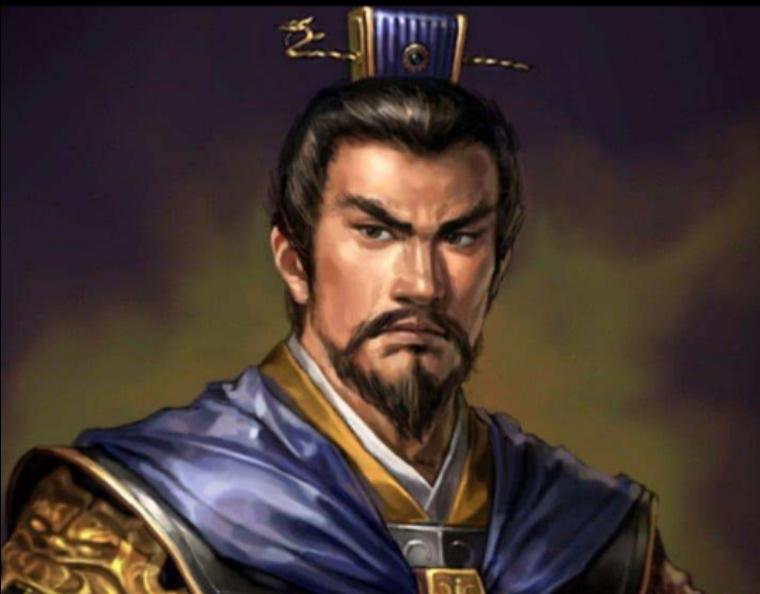
Emperor Cao Cao of Wei (155-220), courtesy name Meng De, was a native of Peiguo County (沛国谯县, in present-day Bozhou, Anhui), a powerful courtier at the end of the Eastern Han Dynasty, and an outstanding politician, military strategist, and writer of the Three Kingdoms period. After the Battle of Guandu broke the warlord Yuan Shao, he gradually unified northern China. In 208, he ascended the throne as a chancellor and led his army south, but was defeated by the combined forces of Sun Quan and Liu Bei at Chibi, thus turning to consolidate the rule of the north and being crowned king of Wei. Cao Pi dai Han called him empress dowager and posthumously honored him as Emperor Wu. He built water conservancy in the northern tuntian, which played a certain role in the restoration of family production; he used meritocracy, broke the concept of the gate valve of the clan, recruited middle and lower-level figures of the landlord class, suppressed the powerful, and strengthened the centralization of power. In terms of literature, under the impetus of Cao Cao's father and son, Jian'an literature represented by the "Three Caos" (Cao Cao, Cao Pi, and Cao Zhi) was formed, which is known as the Jian'an Wind Bone in history, which has left a glorious stroke in the history of literature.
The evaluation of Cao Cao has been a mixed reputation throughout history, but historians tend to think of Cao Cao as an outstanding figure who made many contributions to history.